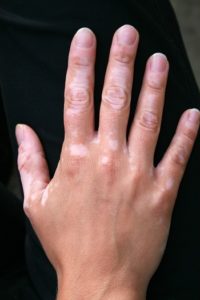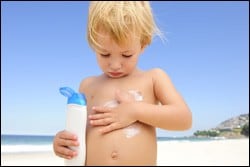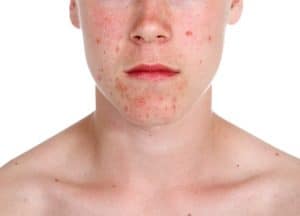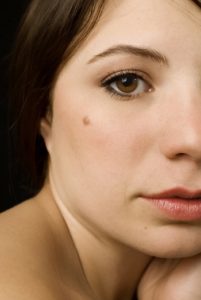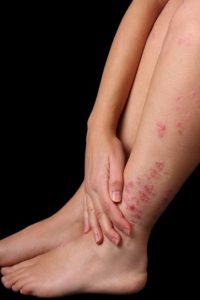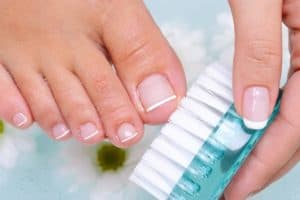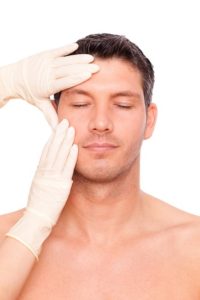Mole Removal
Worried about that mole? A mole is a dark spot or irregularity in the skin. Everyone is at risk of skin cancer and should keep an eye on their skin and moles. Simply thinking about having a skin mole removal might send shivers down your spine, but sometimes it’s necessary for your health. For example, if a biopsy is cancerous, removing the mole can help to stop any cancer from growing more. But many individuals also have moles removed for cosmetic reasons.
What Causes Moles?
Skin moles occur in all races and skin colors. Some individuals are born with moles. Most skin moles appear in early childhood and during the first 20 years of a person's life. New moles appearing after age 35 may require medical evaluation and possible biopsy. Some moles appear later in life. Sun exposure seems to play a role in the development of skin moles. People with high levels of exposure to UV light tend to have more moles. However, moles may also occur in sun-protected areas.
How Is It Done?
Mole removal is a simple kind of surgical procedure. Your doctor will likely choose one of two ways: surgical shave or surgical excision. Surgical shave is done more often on small skin moles. After numbing the area, your healthcare provider will use a blade to shave off the mole and some tissue underneath it. Stitches aren’t usually required. During the surgical excision procedure, your doctor will numb the area. He or she will use a circular blade or scalpel to cut out the mole and some skin around it. The doctor will then stitch the skin closed.
Can a Mole Grow Back?
There's a small chance that a mole can grow back after mole surgery, although there's no way to predict whether this will happen. It's important to understand that no surgery has a 100 percent cure rate. Some mole cells may remain in the skin and may recur in the same area. Some skin moles are more aggressive than others and need closer follow-up and additional treatment.
Are There Any Risks?
Risks of mole removal methods include infection, rare anesthetic allergy, and very rare nerve damage. Follow your doctor's instructions to care for the wound until it heals. This means keeping it covered, clean and moist. The area may bleed a little when you get home, especially if you take medications that thin your blood. It's always prudent to choose a doctor with appropriate skills and experience with these removals. This will lower the risks associated with this procedure.
Take charge of your health today. Regular self-skin examinations and annual skin examinations by a doctor help people find early skin cancers. If you need a mole check, find a dermatologist near you and schedule your annual skin cancer screening. A simple skin cancer screening could save your life.




